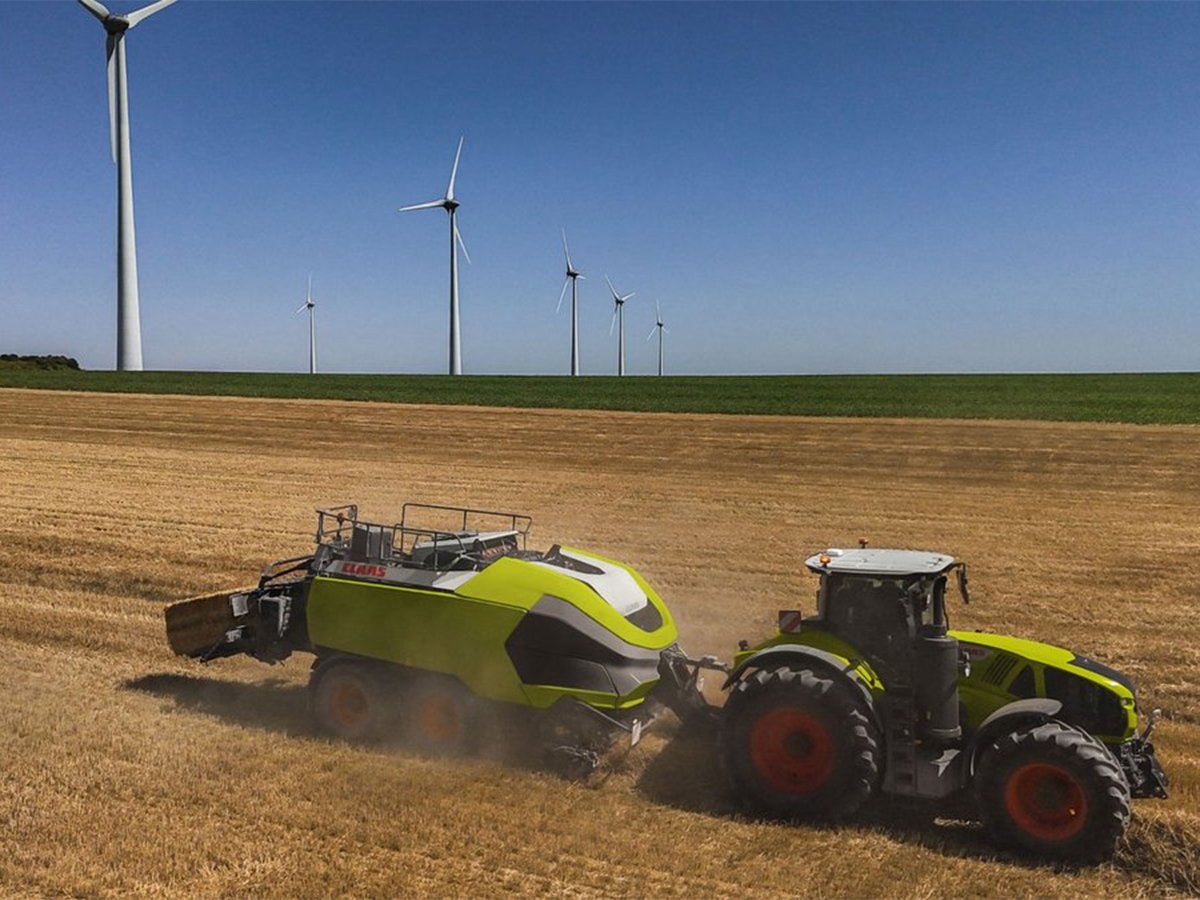Calgary livestock analyst Barbara Duckworth recently covered the National Cattlemen’s Beef Association convention in Phoenix, Arizona, and filed these reports.
PHOENIX, Ariz. – Charlie Stenholm says he is leaving a U.S. federal government in turmoil.
“It is no secret this administration has inherited one hell of a mess,” the recently retired 26-year Democratic congressman told the National Cattlemen’s Beef Association convention in Phoenix, Arizona, Jan. 29.
When asked to speculate about U.S. president Barack Obama’s administration and where agriculture might fit, Stenholm said the economy is front and centre and he wonders how the new government plans to bail out a bankrupt country.
Read Also

Machinery automation runs through 2025 Agritechnica innovation awards
Computer vision and AI processing for farm machinery show up many times in Agritechnica’s 2025 innovation award winners.
A stimulus package worth nearly $1 trillion US should be the limit on how much more can be borrowed, said Stenholm, who is now a private consultant with clients that include the oil industry.
Considerations must be given to repayment, he added.
“America has got the biggest economic challenges it has faced in a long time, especially on the question of how much money we can borrow.”
Stenholm said the environment and bioenergy are the new administration’s next two most important priorities. The administration wants more self sufficiency and cleaner energy derived from a number of traditional and non-traditional sources.
Food safety issues are also to be addressed, he said, although no one knows which department may be given the responsibility. The task could be handed to the Food and Drug Administration, U.S. Department of Agriculture or Homeland Security.
There have been ongoing problems with food safety, he added, and a better trace-back system is needed to deal with outbreaks such as salmonella and E. coli.
“Animal identification is a bit controversial but it shouldn’t be,” he said. “Let’s do it in a way where we have trace back so we don’t have some of the train wrecks we have seen.”
He was also critical of the country-of-origin labelling law, which has created a new trade barrier with Canada and Mexico.
The chair of the House of Representatives’ agriculture committee has advised agriculture secretary Tom Vilsak to let COOL run for six months. If it needs adjustments they can be worked out later.
Sara Wyant, editor of the Agri-Pulse.com on-line newsletter, said Vilsak is an unknown quantity.
He is the former governor of Iowa with limited agriculture experience but a willingness to learn. She anticipates he will push more health and organic farming policy, but he also believes in biotechnology and science so he must try and balance many interests.
The USDA’s undersecretaries and heads of agencies have yet to be appointed and approved. No one knows if they are to be political appointees or people with experience in their fields. These officials can be influential in forming new rules and regulations.
As well, voters can expect Obama to implement his rural plan that includes stronger farm safety nets, more regulations on confined animal feeding operations, support for small business development, improved health care and nutrition programs, rebuilding of rural infrastructure and enforcement of anti-competition laws that include strengthening the Packer Stockyards Act to possibly ban packer ownership of cattle.
Colin Woodall, executive director of NCBA legislative affairs in Washington, said many unknowns remain for this 111th Congress, with Democrat majorities in the House and Senate. Many are first time representatives, he added.
Woodall expects more environmental issues coming to the forefront regarding energy, clean air and climate change initiatives. He said groups such as the NCBA need to show the new government that agriculture can be part of the solution rather than be considered a polluter.
“We have to be very mindful of environmental attacks.”















